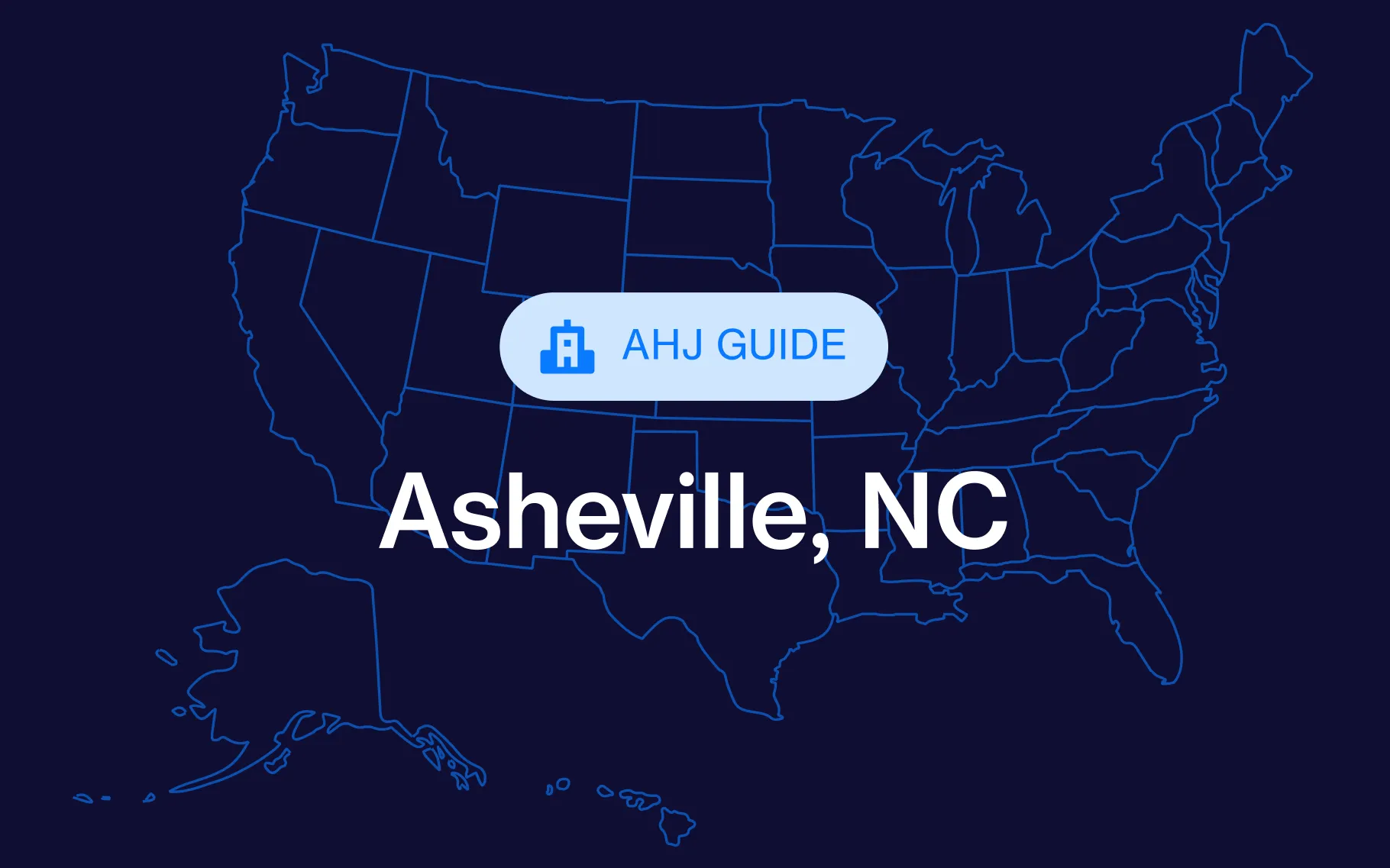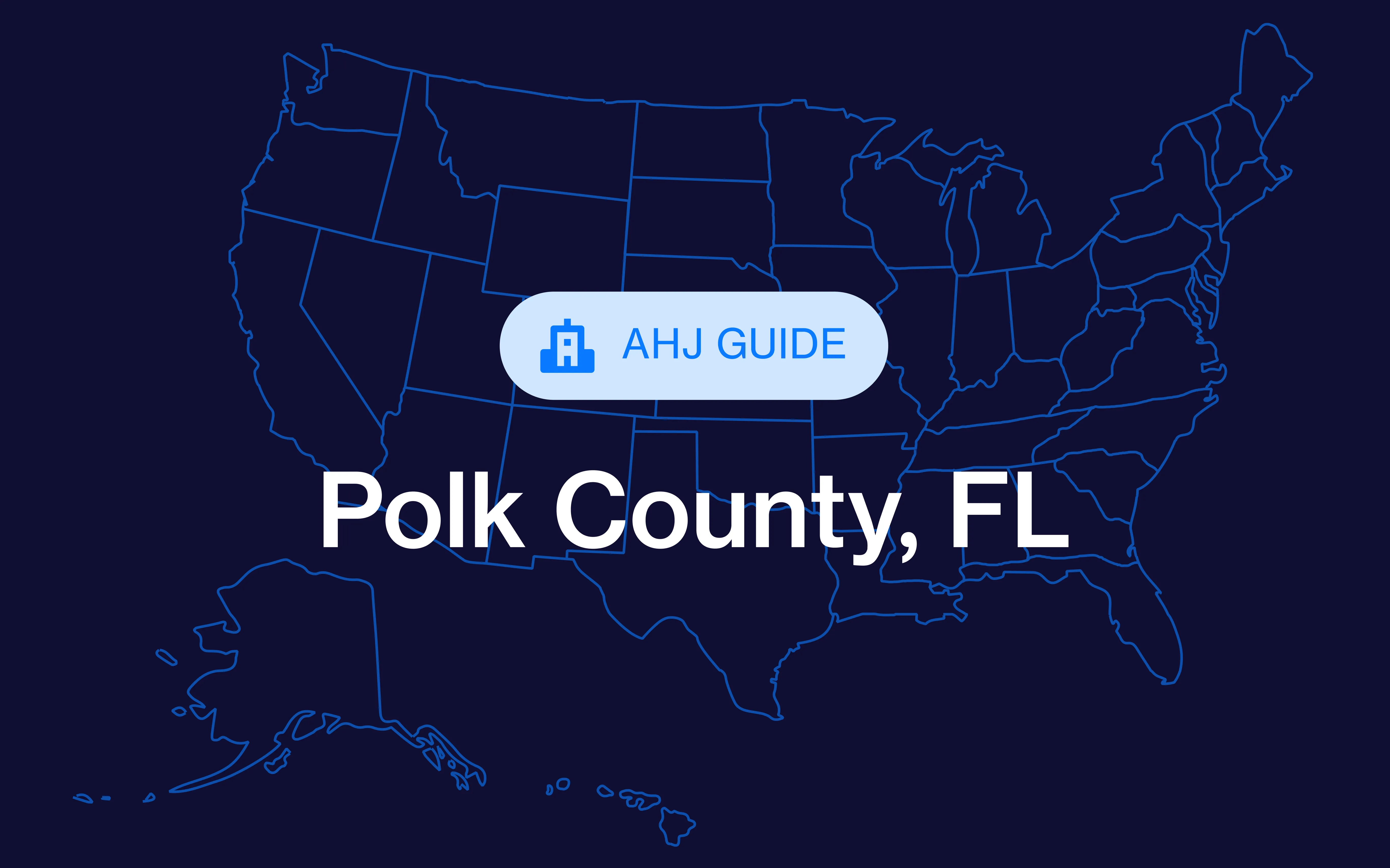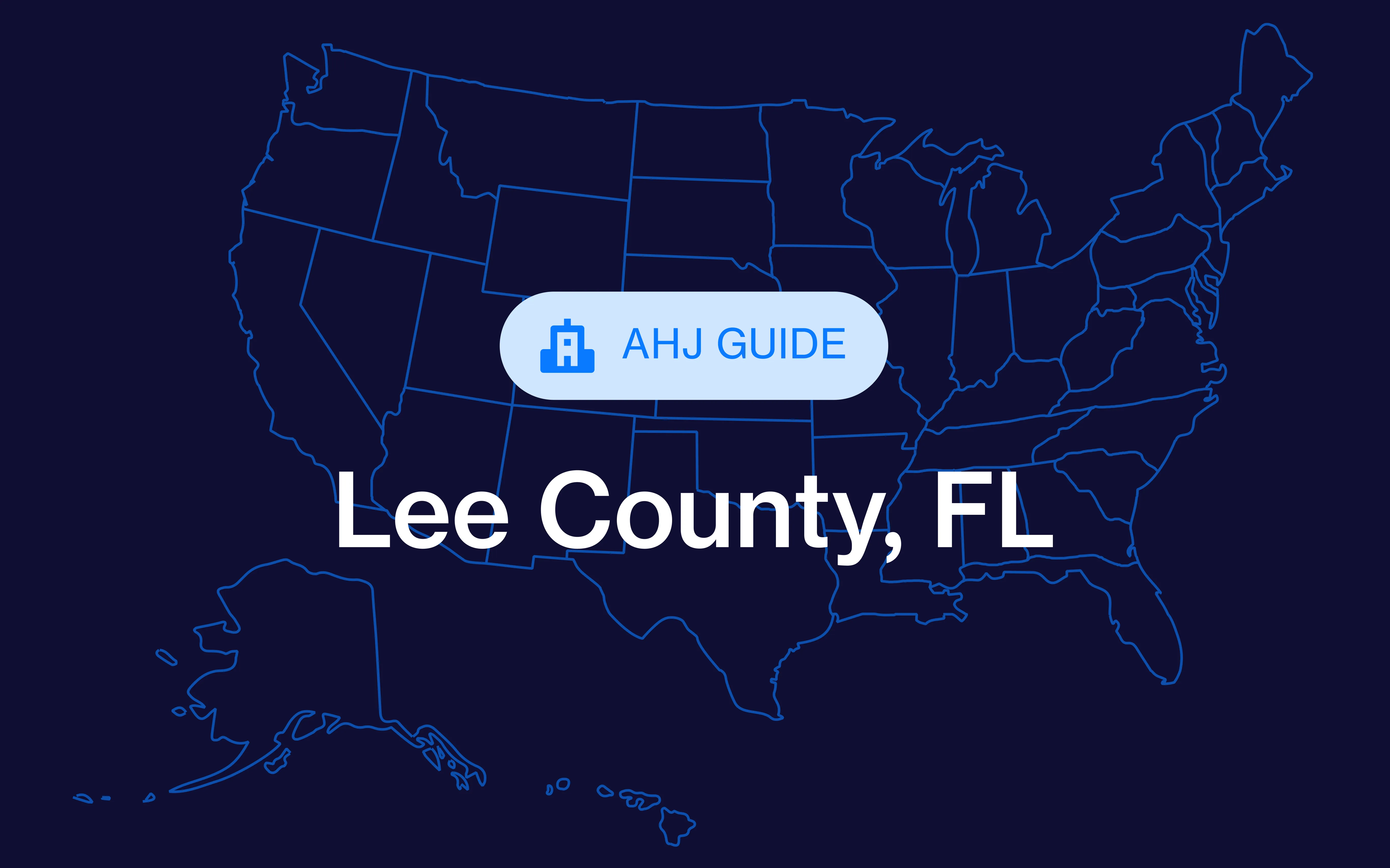Whether your company builds custom homes, installs solar panels, or remodels commercial spaces, getting the right permits is essential to staying compliant — and on schedule. But between zoning rules, plan reviews, and inspections, navigating the permitting process in Asheville, North Carolina can be time-consuming if you don’t know where to start.
This guide breaks down what you need to know about pulling Asheville building permits, from when permits are required to how much they cost and how to apply. Whether you're a builder, developer, or contractor, understanding these requirements upfront can help you avoid costly delays and keep your projects on schedule.
Simplify permitting in Asheville with PermitFlow. Learn more here.
What requires a building permit in Asheville?
Asheville building permits are required for various construction activities to ensure compliance with the North Carolina State Building Code.
- Building a new house
- Building an addition or remodeling a house
- Building a detached structure or deck
- Repairing or installing a new home system (solar panels, electrical/mechanical/plumbing projects)
- Adding, repairing, or replacing load-bearing structures
- Adding or changing plumbing systems (excluding the same size and capacity)
- Adding, replacing, or changing the design of heating, air conditioning, or electrical wiring, devices, appliances, or equipment
- Roofing projects (excluding replacement of like grade of fire resistance)
What doesn’t require a building permit in Asheville?
Certain minor projects may be exempt from permit requirements.
Most notably, you generally don’t need a permit for construction, alterations, repairs, or replacements that cost $40,000 or less.
You’ll only need a permit for these kinds of projects if they involve major changes or additions to:
- Load-bearing structures
- Plumbing, HVAC, or electrical systems
- Roofing
For more information, refer to the Commercial and Residential Asheville permits pages.
Asheville zoning information
Before applying for a building permit, it’s important to understand how zoning regulations may impact your project. The AVL Map, Asheville’s official interactive mapping tool, provides detailed zoning and property information that can help you plan more effectively.
Here’s how it supports the permitting process:
- Identify your zoning district.
- Use the map to determine the zoning designation of a parcel (e.g., RS-8, RM-16, CBD). Zoning classifications dictate what types of development are allowed on the property.
- Use the map to determine the zoning designation of a parcel (e.g., RS-8, RM-16, CBD). Zoning classifications dictate what types of development are allowed on the property.
- Review applicable zoning rules.
- Once you know the district, consult the City’s zoning ordinance to understand key requirements, such as:
- Permitted land uses (residential, commercial, mixed-use)
- Setback and lot coverage requirements
- Building height restrictions
- Density limitations
- Once you know the district, consult the City’s zoning ordinance to understand key requirements, such as:
- Check for overlay districts.
- The tool also flags special zones — like historic districts, floodplains, or other overlays — that may trigger additional approvals or design standards.
Asheville zoning fees
The City of Asheville categorizes commercial construction and multifamily housing within three levels:
- Level I: Construction less than 35,000 sq. ft or fewer than 20 multifamily units
- Level II: Construction 35,000-100,000 square feet or 20-50 multifamily units
- Level III: Construction larger than 100,000 sq. ft or more than 50 multifamily units
Asheville building permit fees
Asheville building permit fees vary depending on the type of project, square footage, and estimated construction cost. Below is a breakdown of typical fees for both residential and commercial projects:
Residential projects
Commercial projects
For more information, please refer to the Development Services Department’s Fees page.
Tired of permitting slowing down your projects? Learn how PermitFlow helps you pull permits faster.
How long do building permits last in Asheville?
An Asheville building permit remains valid for six months after the issue date. Permits also expire when work has started but is discontinued for 12 months from the last inspection date.
How to get a building permit in Asheville
Step 1: Determine permit requirements
Before starting any construction, identify the necessary permits for your project. This may include building, electrical, plumbing, mechanical, or gas permits. Consult the Development Services Department or refer to the Residential Permits or Commercial Permits pages for guidance.
Step 2: Prepare necessary documentation
Gather all required documents, which may include:
- Completed permit application forms:
- Detailed construction plans or blueprints
- Site plans showing property boundaries and proposed work
- Specifications for mechanical, electrical, and plumbing systems
Step 3: Submit application
Submit your application and supporting documents through the Development Portal or in-person at the Permit Application Center (PAC) located at 161 South Charlotte Street. The PAC is open Monday to Friday from 8:30 a.m. to 5:00 p.m.
Step 4: Plan review and approval
The Development Services Department will review your application and plans to ensure compliance with building codes and regulations. If revisions are needed, you'll be notified to make the necessary changes.
Step 5: Permit issuance
Once your application is approved, you'll receive your building permit. Ensure that the permit is posted at the construction site as required.
Step 6: Inspections
Throughout the construction process, schedule required inspections to verify that work complies with approved plans and codes. Inspections can be scheduled through the Development Portal or by contacting the Development Services Department.
Asheville permitting resources
- Useful pages:
- Applications:
- Fees:
- Address:
- Address: 161 South Charlotte Street, Asheville, NC 28801
- Phone: (828) 259-5846
- Hours: Monday–Friday, 8:30 AM–5:00 PM
- Website: Development Services
Streamline Asheville permitting with PermitFlow
Navigating Asheville’s permitting system can be especially challenging for contractors expanding into Western North Carolina. From understanding local codes to assembling the right documentation, managing permits often pulls time and focus away from your core work.
PermitFlow simplifies the entire process.
Our platform provides end-to-end permit management — handling application prep, submission, and progress tracking — so you can stay focused on building while we handle the red tape, across every jurisdiction you operate in.
Construction businesses rely on PermitFlow because we provide:
- Local expertise: Our specialists understand Asheville's specific permitting landscape, ensuring your applications meet all requirements from the start
- Unified project oversight: Monitor and control all your permits through a single, intuitive platform
- Accelerated processing: Accurate initial submissions reduce back-and-forth delays, getting you permitted faster
Ready to get rid of permitting bottlenecks from your Asheville projects? Chat with our permitting experts today to see how PermitFlow can help.








